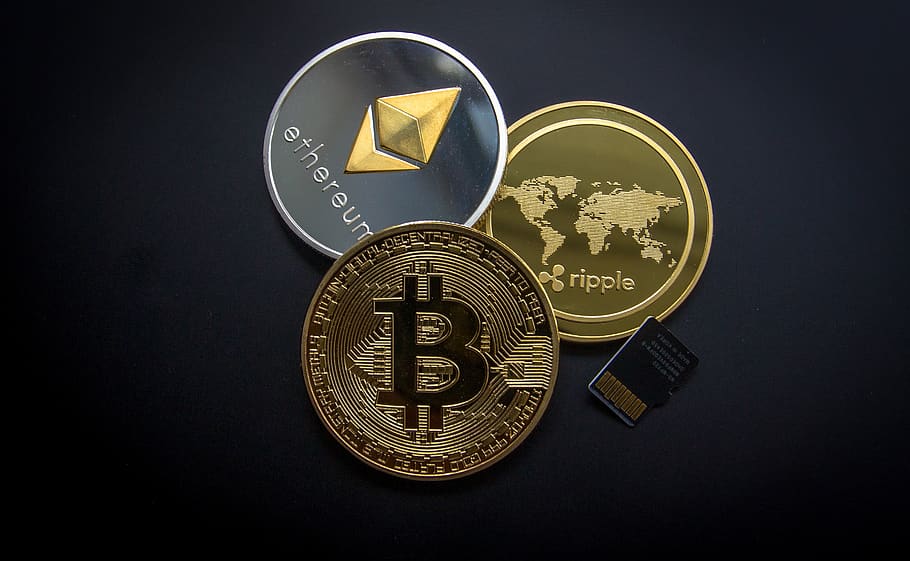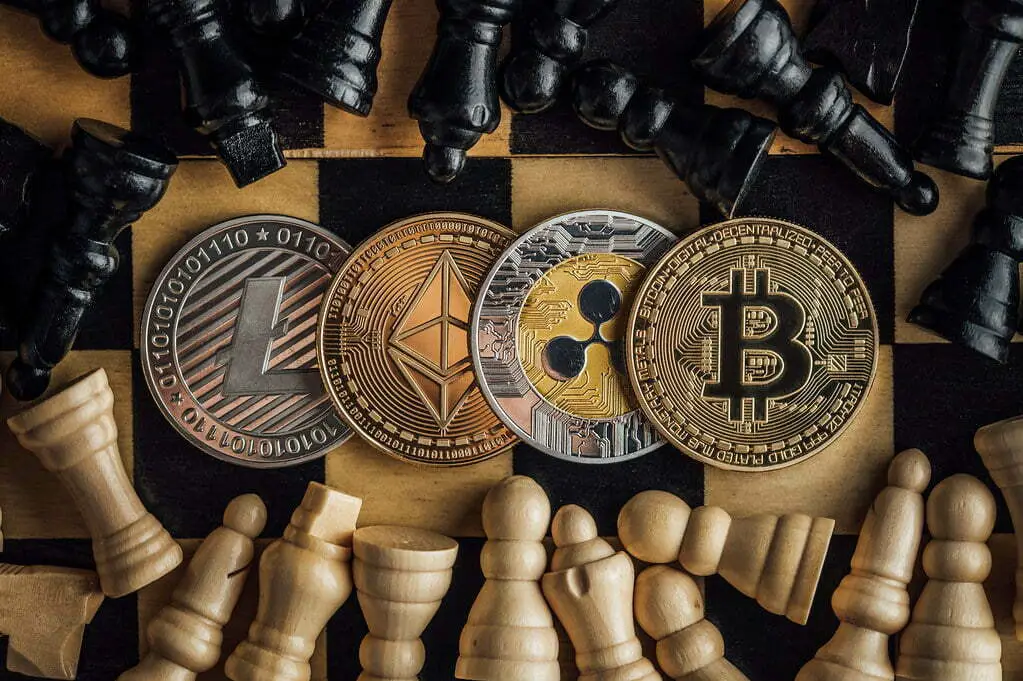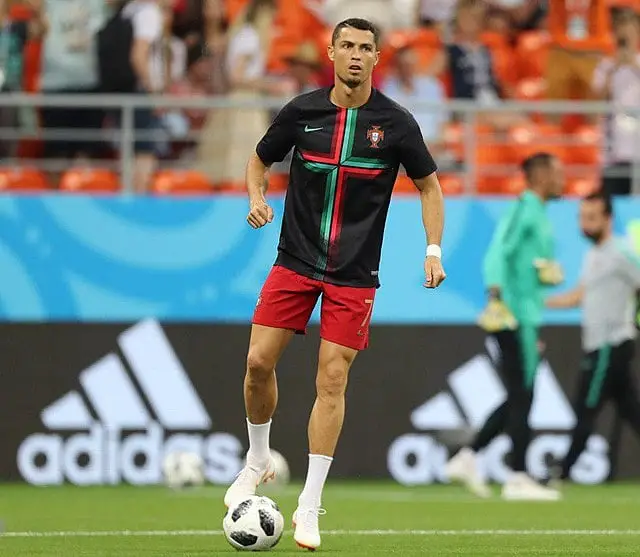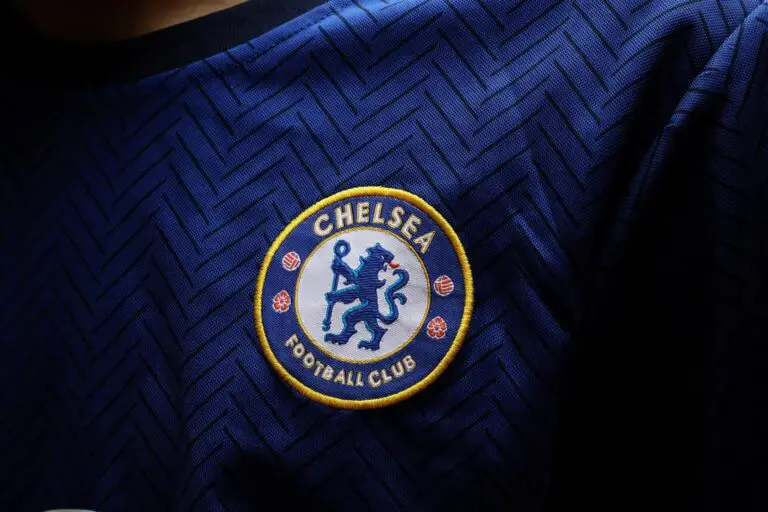Blockchain in Football: The Future of Fan Engagement, Cool Smart Contracts, and Player Management in 2022
Blockchain In Football
Blockchains are a public and accessible tool to collect transaction lists. Their most well-known implementation is for digital currencies like Bitcoin, the first to exploit blockchain technology. Yet, Blockchain technology does not confine it to financial transactions; The masses can utilize it for various other reasons that will assuredly shape the world, including football.
In recent years, “virtual currency” has gripped worldwide sports. These trends, which have mostly gone unnoticed by scholars and journalists, create uncertainty about what lures football clubs worldwide to cryptocurrencies. We can now construct digital artifacts that will live up to the hype of blockchain technology.

Moments, achievements, and emotions can now be immortalized on a blockchain and, therefore, live on perpetually. The advent of fan engagement tokens was one of the fascinating inventions to arise from the convergence of football and technology.
A fan engagement token is a “completely fungible digital” utility token that allows supporters to have a say in specific actions taken by their favorite sports team. The owner of the tokens can vote on club concerns, not to overemphasize the value of fans in generating income for football clubs.
A fan tokenization system might provide supporters worldwide a greater sense of “control” over their favorite teams, granting them access to either the club’s physical assets or virtual assets.
Other than tokens, smart contracts are perfect for self-executing transactions that would otherwise require human authorization, leading to disagreements between the parties.
Contracts involving clubs and players for incentive payments when players reach a certain number of goals scored in a season or number of matches played are simple examples. Such terms in player contracts frequently trigger bonuses, renewals, and other incentive-based compensation.

A few clubs have implemented intelligent contracts and cryptocurrencies into their business structures. A Turkish team became the first in sports to buy a player with cryptocurrency in early 2018.
It is the new norm in which football clubs use bitcoin for player transfers and smart contracts to handle their ties with athletes. Going to follow that, a Gibraltar-based club made international headlines once.
It announced that it would be paying all of its staff and players in cryptocurrencies. They were using cryptocurrency plus smart contracts. Moreover, we witness clubs like PSG, Juventus, Arsenal, and Manchester City becoming increasingly interested in the business in somewhat narrow terms.
Employers would use blockchain-based technology to build a smart path for players.
In sports, Clubs can use blockchain to monitor athletes from their beginnings in a youth academy to the Champions League stadia. Likewise, collecting a player’s transfer record on the blockchain allows teams to track back to when they first picked it up football — from youth teams to world-class teams.
As a result, it would be difficult for clubs, managers, or other external stakeholders to exploit youth prospects or change players’ transfer records.
A blockchain interface enables sports fans and club supporters around the globe to buy tokens from one’s favorite clubs. Mostly, in a swap for specific bonus features monetized or exchanged among platform users.

Furthermore, clubs Juventus FC and Paris St-Germain were among the first to grasp blockchain technology when they confirmed their alliance with Socios.com in 2018. FC Barcelona, Athletico de Madrid, Galatasaray, AC Roma, and West Ham United have all engaged with Socios after following in their footsteps.
Additionally, These clubs might even store players’ medical data on the blockchain. It doesn’t only mean that a player’s comprehensive clinical record would be preserved and unmodified just on the blockchain, but it would also enhance visibility.
More critically, each club’s medical team will be in a more vital place to cure, endure, or anticipate accidents that may arise in their football squad. Track former given medication and its impact on the individual, surgeries conducted, injuries, the emergence of complaints, and maintaining digital health records are just a few instances.
In a more development-oriented vein, the bit academy platform enables investors to purchase players’ tokens in African youth academies. Investors can observe their players’ development and, depending on just that, enter into contractual arrangements with football teams to shift the tokens they own in a player through the platform’s marketplace.

We are empowering them to fund their progress and fulfill their aspirations. Despite the surge in enthusiasm for digital money, sports teams should be aware of this technological advance’s dangers. The worth of crypto-assets remains unpredictable, and the policy and the institutional situation remain murky amid the extraordinary rise.
Due to the absence of certainty in this field, sports organizations get pressured to make agreements that offset a disaster to save money if valuations shift. On the other extreme, the growth of crypto-assets provides potential and interest for the footballing industry. We’ll have to observe and see what the future of blockchain will look like in the football world!
Interesting fact – CRYPTO.COM is the official sponsor of the Qatar world cup 2022, what a year for Crypto.








